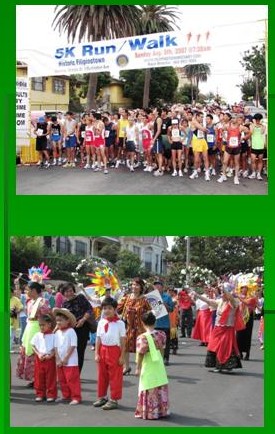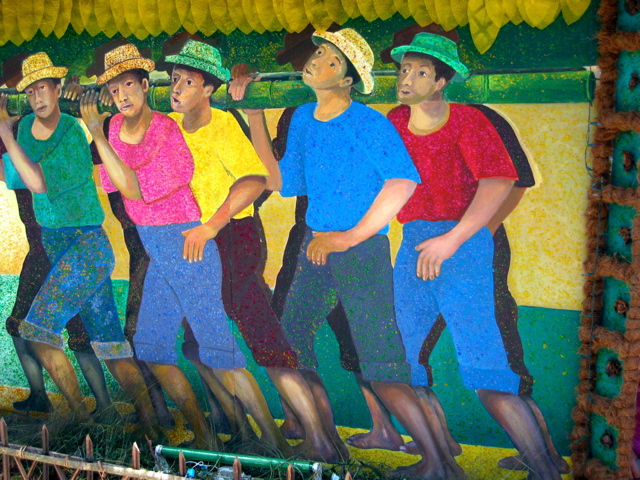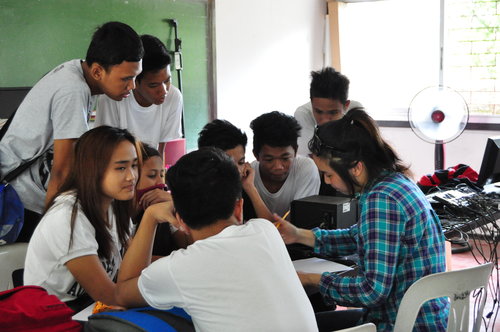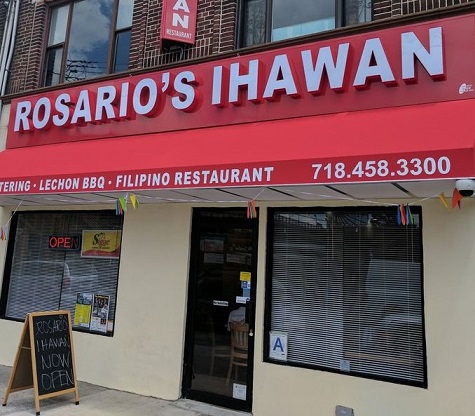Food is resistance
By Maricar Tangonan
When I first arrived in America, I wasn’t particularly fond of Mexican food. Back in the Philippines, my only exposure was to the Texas-Mexican variety which, while popular, doesn’t come close to capturing the incredible diversity and depth of Mexico’s regional cuisines.
Living in New York City changed that completely. Here, I’ve had the privilege of exploring the many faces of Mexican food—from its most comforting and familiar forms to its most elevated and imaginative expressions. I’ve waited in line at a popular taqueria cart in Jackson Heights, Queens for melt-in-the-mouth birria taco dipped in beef consommé, and dined at the Michelin-starred Cosme in Manhattan, by Chef Enrique Olvera—whose restaurant Pujol in Mexico City is considered one of the best and most innovative in the world, with Two Michelin Stars. (Yes, I’ve reserved a table this July—taking this form of protest straight to the heart of it all, by embarking on a cultural pilgrimage in Ciudad de México.)
There’s also the One Star Michelin spots—Oxomoco and Claro in Brooklyn—and Casa Enrique in Queens. And a special mention to Michelin-rated Alta Calidad, my comfort go-to during my nursing school days in Brooklyn. And even now, in my current neighborhood in Westchester —and back in my old one in Queens—I’m surrounded by family-run gems that remind me how lucky we New Yorkers are. We’re spoiled with choices, and even more so when we choose with care and intention. These restaurants offer more than great meals. They are a culinary map of Mexico’s soul, undeniably and indelibly stitched into our multicultural city and I believe, the entire country as well.
Lately, though, dining in Mexican restaurants has become more than just about food. It became personal. I weep—and burn with quiet rage—at the ongoing assault on the dignity and rights of immigrants, especially those from Mexico and Latin America. One small but meaningful way I resist is by honoring our brothers’ stories—through travel, literature, & food and remembering our shared history of colonial oppression — the Philippines and Mexico under a Spanish king and the USA under a British king.
On No Kings Day on June 14, with street protests happening in over 1,800 locations across the U.S. — which I sadly can’t attend due to work responsibilities —I did my own quiet protest. After work, I walked in my neighborhood and found a place to celebrate the culture of the oppressed and vilified. I found a newly opened Mexican spot in New Rochelle called Taqueria el Chiltepin, that is serving a weekend only Chivo (goat) special that absolutely blew me away—Chivo barbacoa, Chivo consommé, and Chivo tacos. Restaurant is named after Chiltepin, a wild pepper variety native to the Americas, particularly the southwestern United States and Mexico. This chili is small, round, red, and very spicy.
The food was deep, soul-warming, unforgettable. The service was sincere, coming from members of a community who deserve to be honored—not hunted—by a racist and unjust government.
Food is resistance. Food is love. Gracias, mis amigos!
















